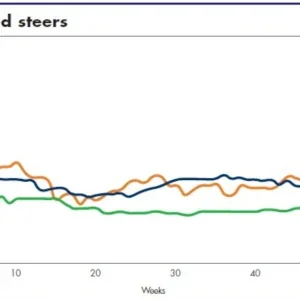Connolly Leather have called in administrative receivers amid mounting losses and pricing pressures in the global car industry. The family controlled company, founded in 1878, have appointed KPMG to seek possible bidders for the business, whose products range from Rolls Royce interiors to parliamentary benches in the British Houses of Parliament.&rtreturn;The move follows more than 10 years of losses at Connolly, who employ 165 people at two plants in Ashford, Kent, and Northampton.&rtreturn;Customers who include Bentley and Jaguar said they were monitoring the situation and seeking assurances for continued supplies.&rtreturn;Bentley, a Connolly client since 1904, said they acquired 40,000 hides a year from the company. &rtreturn;’We believe the banks have agreed to continue to support the business but we have an alternative supplier lined up if it fails’, said a company spokesperson.&rtreturn;Aston Martin said it had already switched to alternative leather companies and Ferrari and Morgan have also moved sourcing elsewhere.&rtreturn;Richard Heis, joint receiver at KPMG Corporate Recovery, said: ‘We propose to continue to trade normally while marketing the business with a view to a going concern sale.’ Heis blamed the difficulties partly on pricing pressures affecting British component suppliers and volatile demand in the US following the September 11 terrorist atrocities.&rtreturn;The receivership follows the failure of Connolly’s expansion in the US, where liquidation proceedings began in December over the collapse of a north American joint venture set up to serve mass market seat suppliers. (See January Leather International.)&rtreturn;The company has warned that the consolidation of the global car industry posed an additional threat, with carmakers such as Ford or Volkswagen applying tougher purchasing criteria to subsidiaries such as Jaguar and Bentley.&rtreturn;In 2000, the last year for which figures are available, Connolly made an operating loss of £6.7 million (US$9.6 million) on sales of £29.6million (US$42.3 million), compared with a deficit of £1.1 million (US$1.6 million) in 1999.






